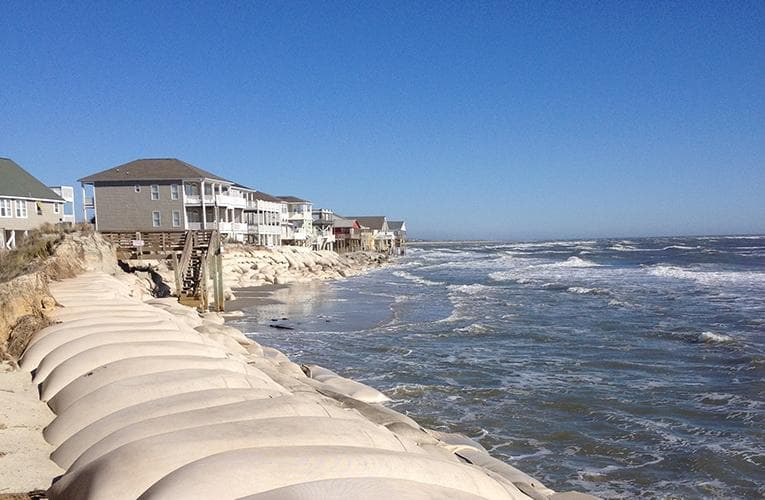
As time passes, real estate prices tend to increase, but climate change increasingly impacts coastal real estate prices and makes them lose their value. Many investors who like to invest in real estate are showing concerns about investing in the coastal region because rising sea levels, frequent storms, and coastal erosion are putting significant risks to potential coastal properties. In this article, you will find how climate change impacts coastal real estate by understanding its factors.
Real estate prices fluctuate due to many factors, and it is important for a homeowner or investor to be aware of these factors because they help in making decisions about whether to invest in a specific property. Below are some of the most important and common factors that have caused price changes in the coastal region.
As the market price fluctuates, people find that one prominent factor is the rising sea level and temperature. The more the seal level rises, the greater the chances of flooding likely to happen, which may destroy property and depreciate its value. However, studies show that the impact of sea levels and temperature on property values can be both high and low. th
You must have heard the news about hurricanes and storms hitting the coastal regions, and these are other important factors that affect the price of the real estate in such areas. Hurricanes and other strong storms can destroy properties that are located on the coast, making it more costly for the locals to stay there. Storms become more frequent and intense, destroying more coastal property due to climate change, and that is one of the reasons why people are investing in taking insurance for their property. Due to these frequent climate changes, the cost of insurance increases, increasing property insurance premiums for coastal property owners because insurance companies calculate risks by considering these weather events. It can make coastal living unaffordable and/or less attractive to potential buyers,
Along with the prices, coastal erosion is also a concern because it makes the property reduced in size and value. To protect their homes, people may have to invest in expensive measures like seawalls intending to control erosion. Other buyers who have concerns about long-term risks may not take a step ahead because of the risk involved. Hence, coastal property values may not escalate as they would have previously.
There are studies that have found that properties that have potential risks are being sold for a discount from their prices in less exposed locations. It is important to prepare a solution to counter these conditions by analyzing all the risks and factors in the upcoming years. People living in the coastal region are compelled to take necessary measures to secure their houses and property. They suggest that long-term climate risks are factors for an investor to decide to purchase. It can involve raising their homes, building more powerful defenses against floods, or even moving away from the coast.
Climate change is fundamentally affecting coastal real estate, with risks and opportunities. Because of climate change, it's becoming more challenging and costly to live near the coast. These risks must be considered when decisions are made about buying or investing in coastal property. Climate change is making life difficult for people who live near the coast. Thus, the only reliable solution to tackle this is to develop strategies and adapt measures to manage these risks and sustain coastal communities.









